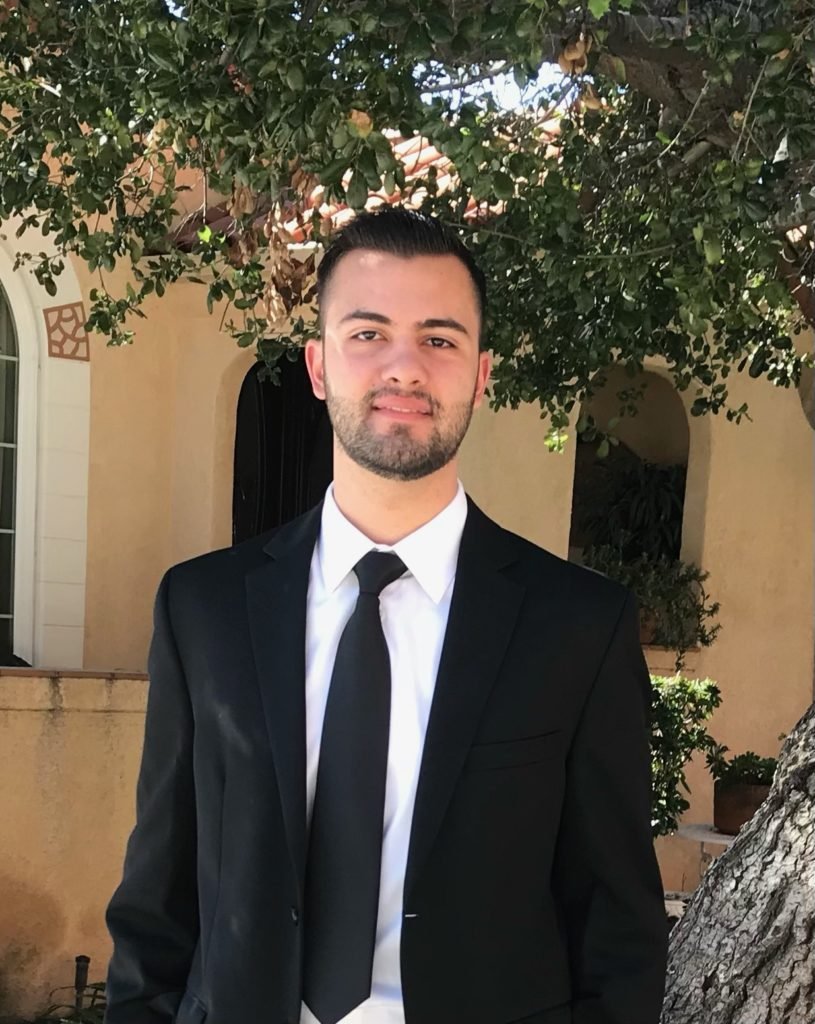
Siranush Sargsyan/Twitter)
One hundred and twenty thousand Armenians of Artsakh have been kept under blockade by Azerbaijan for over a week since December 12. Azerbaijan has shut down the one and only route connecting Artsakh with Armenia. Despite the restoration of the region’s gas supply, the road closure is causing a humanitarian crisis as Armenians have been cut off from access to essential goods and services.
Azerbaijan’s actions, as in the past, violate international law and can be considered a crime against humanity. Azerbaijan’s actions constitute a deliberate act of denying humanitarian access to the people of Artsakh, prohibited under Geneva Convention IV, which Azerbaijan is a party to.1 Additional Protocol II, which Azerbaijan is not a party to, classifies this as a “grave breach” that entails criminal responsibility.2 The Rome Statute of the International Criminal Court (ICC) explicitly lists starvation and barring humanitarian relief as prosecutable war crimes when committed in IACs but is silent as to NIACs.3 Whether Azerbaijan is a party to these conventions or not, customary international law is clear that the deliberate starvation and impediment of humanitarian relief is strictly prohibited.4
Azerbaijan’s actions are clearly barring humanitarian relief, as there are reports that hospitals in Artsakh are working at a limited capacity without the necessary medicine and energy resources. Armenia’s Minister of Health announced this week that a 44-year-old man died at a hospital in Artsakh due to Azerbaijan’s blockade. Azerbaijan’s actions may soon lead to the starvation of Armenians of Artsakh, as basic necessities like bread are being rationed. Azerbaijan is clearly violating international law as the rest of the world watches, something that Armenians across the globe have unfortunately grown used to.
—
1. Geneva Convention Relative to the Protection of Civilian Persons in Time of War art. 23, Aug. 12, 1949, 75 U.N.T.S. 287.
2. Additional Protocol II, supra note 3, art. 18(2).
3. Rome Statute of the International Criminal Court, arts. 8(2)(b)(xxv), 8(2)(c), 8(2)(e), July 17, 1998, 2187 U.N.T.S. 90 [hereinafter Rome Statute].
4. Customary IHL Database, Rules 53, 55, ICRC, (last visited Apr. 19. 2018).



Be the first to comment